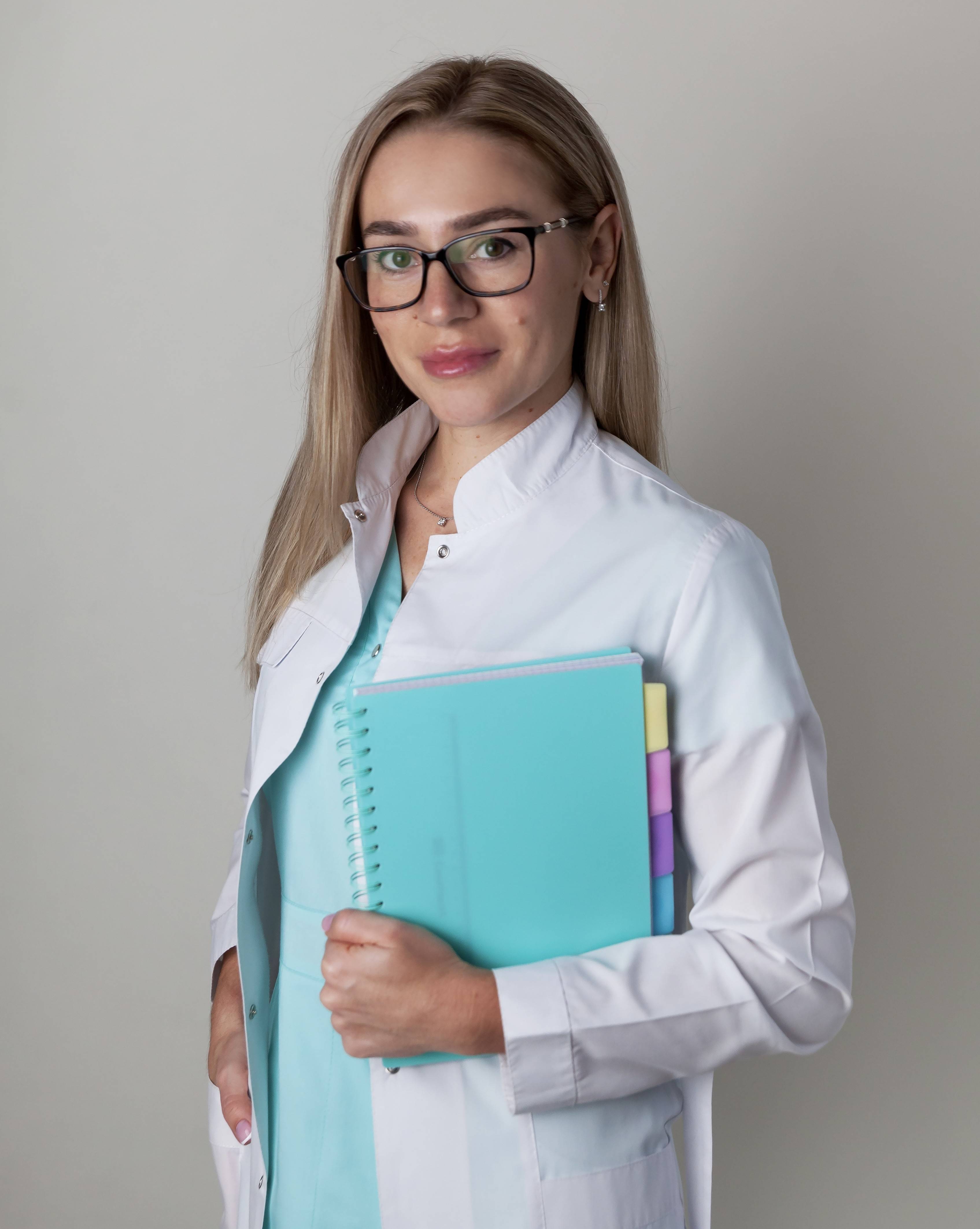
Fertility After 30: What Every Woman Should Know — Insights from Tetiana Mielikhova, OB-GYN
Somewhere around your thirties, the quiet nudges begin. A comment from a relative. A casual remark from a friend. A pointed suggestion from your doctor. “You should start thinking about children.” “Don’t wait too long.” “Your biological clock is ticking.” But between chasing career goals, managing everyday chaos, and simply living life, fertility often slips down the priority list.
Dr. Tetiana Mielikhova is working to change that—not with pressure or scare tactics, but with solid, empowering information.
In 2025, Dr. Tetiana Melikhova was honored with the prestigious International Order of Queen Anne “Honor of the Fatherland” by the leadership of the All-Ukrainian Scientific Research Center for Effective Governance in collaboration with the Expert Council of the International Program “Leaders of the 21st Century.” This distinction recognizes her outstanding professional contribution to the advancement of medical practice and her remarkable scientific achievements.
A highly regarded OB-GYN, researcher, and international speaker, Mielikhova has devoted her career to exploring hormonal health, reproductive aging, and how the modern lifestyle influences women’s bodies. With a PhD in medical science, more than 20 published studies, and recognition as “Scientist of the Year” by the Millenium Club project, she’s earned her voice of authority. Her core message? Fertility is about the future—and understanding it is a right, not a privilege.
“Fertility doesn’t operate like a light switch,” she says. “It’s more like a rhythm. And the sooner you tune into that rhythm, the more empowered you become.”
Biologically speaking, both the number and quality of eggs begin to decline after 30, with a steeper drop often noticeable by 35. That doesn’t mean getting pregnant after 35 is impossible—far from it—but the odds become less predictable, and the journey may require more patience.
“There’s no need to panic,” she adds. “But you do need to be informed. You wouldn’t wait for your car to break down to check the oil. So why wait until fertility is an issue to get your hormones checked?”
She urges women in their late 20s and early 30s to begin seeing fertility as part of overall health—not just a future concern. That includes tracking menstrual cycles, undergoing hormone testing, and gaining a broader understanding of fertility beyond just age.
Because age, she explains, is only one factor.
Today’s stress levels, poor sleep, nutrient gaps, excessive exercise, and even prolonged screen time can throw off the complex hormonal balance that supports ovulation. “Stress increases cortisol,” she explains, “which lowers progesterone and disrupts the luteal phase—crucial for implantation.”
She also calls attention to how seemingly “healthy” routines can backfire. Take intermittent fasting. Though popular for weight loss, it can negatively affect female hormones when taken too far. “Skipping meals might shed pounds,” she says, “but it can lower leptin, a hormone your body uses to decide if it’s safe to get pregnant. If it thinks you’re starving, it holds back.”
Same goes for overtraining. “I meet many women with sculpted physiques who haven’t ovulated in months,” she says. “Your fertility doesn’t care how toned you are. It wants hormonal balance.”
For Mielikhova, nutrition is foundational. Key nutrients like iron, magnesium, healthy fats, and B vitamins support ovulation, while heavily processed foods and crash diets do the opposite. “Food is reproductive fuel,” she says. “But it has to be real, regular, and nourishing.”
One more factor that’s often overlooked? Sleep.
Nighttime is when the body resets key hormone systems. Skimping on sleep throws off everything—from melatonin to cortisol—impacting reproductive function. “If you’re getting less than six hours a night and your cycle’s irregular, start there,” she advises. “Before we talk fertility treatments or supplements, we need to address sleep.”
And what about women already past 35?
“There’s still plenty of room for hope,” she affirms. “It’s just about being intentional.”
For women in their late 30s and 40s, she recommends a comprehensive approach: a full hormonal workup, a pelvic ultrasound, and AMH testing to evaluate ovarian reserve. If needed, a fertility consult can help map out the next steps. “Even if motherhood isn’t on the table right now, these tests give you clarity—and that’s empowering.”
Mielikhova also supports fertility preservation methods like egg freezing for women who want flexibility. “It’s not the answer for everyone,” she says, “but for some, it can offer peace of mind without the pressure of a ticking clock.”
At the heart of her work is a belief in informed choice—not fear. She wants women to have the tools, the facts, and the freedom to chart their own course.
“Every woman has her own rhythm,” she says. “The real mistake is not learning what yours sounds like.”
Her final words of advice? Partner with a doctor who truly listens, take your cycle seriously, and treat your overall health—sleep, food, movement, mental wellness—as non-negotiable.
Because fertility after 30 isn’t a deadline. It’s a journey—and you deserve to navigate it on your own terms.

Comments (0)